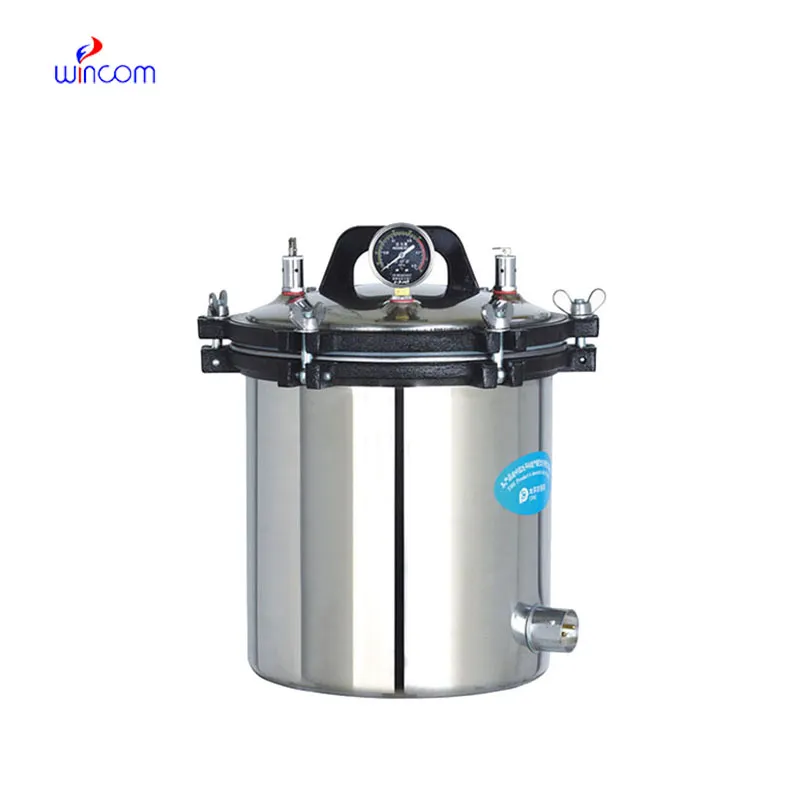
Developed from the use of sophisticated superconducting magnets, the standing mri machines produces stable magnetic fields that create clear and unblurred images. Patient comfort during scanning is provided with noise reduction systems in the standing mri machines. Automated positioning and high-speed data acquisition functions are included in the standing mri machines to provide an effective workflow in clinical settings.

The standing mri machines is being increasingly used throughout research settings within the investigation of brain function, metabolism of organs, and tissue response under varying physiological conditions. The standing mri machines enables investigators to explore the change of blood flow, oxygenation, and structural integrity. The standing mri machines is continuing to expand its use within clinical and academic studies worldwide.

With ongoing technological developments, the standing mri machines will comprise smart coils and flexible imaging algorithms that respond to motion in the patient. This will minimize artifacts and minimize repeat scans. The standing mri machines will also facilitate real-time monitoring for surgical navigation and interventional imaging.

To maintain the standing mri machines in working condition, staff should clean the patient table, coils, and bore space on a regular basis. The cryogenic system of the machine should be filled and inspected to prevent magnet quenching. The standing mri machines also need to be protected from power surges with specialized electrical stabilizers.
The standing mri machines plays a crucial role in modern diagnosis because it provides proper organ, muscle, and blood vessel visualization. The standing mri machines takes advantage of magnetic resonance technology to detect variations in tissue structure. It allows clinicians to diagnose conditions like brain lesions, spinal cord injuries, and cardiovascular disease accurately and safely.
Q: Why do MRI machines make loud noises during scans? A: The noises come from the rapid switching of gradient coils that generate precise magnetic fields necessary for capturing detailed images. Q: Can MRI scans be done with contrast agents? A: Yes, sometimes contrast agents like gadolinium are used to highlight specific tissues or blood vessels, improving visibility of certain conditions. Q: How should MRI machines be maintained? A: Regular calibration, cryogen level checks, and environmental control are essential for maintaining stable magnetic performance and image accuracy. Q: Is MRI safe during pregnancy? A: MRI is typically considered safe during pregnancy, especially after the first trimester, but contrast agents are usually avoided unless medically necessary. Q: Can MRI be used in veterinary medicine? A: Yes, MRI is widely used in veterinary hospitals to diagnose brain, spine, and joint conditions in animals with the same precision as in human medicine.
The hospital bed is well-designed and very practical. Patients find it comfortable, and nurses appreciate how simple it is to operate.
We’ve used this centrifuge for several months now, and it has performed consistently well. The speed control and balance are excellent.
To protect the privacy of our buyers, only public service email domains like Gmail, Yahoo, and MSN will be displayed. Additionally, only a limited portion of the inquiry content will be shown.
Could you share the specifications and price for your hospital bed models? We’re looking for adjus...
We’re currently sourcing an ultrasound scanner for hospital use. Please send product specification...
E-mail: [email protected]
Tel: +86-731-84176622
+86-731-84136655
Address: Rm.1507,Xinsancheng Plaza. No.58, Renmin Road(E),Changsha,Hunan,China